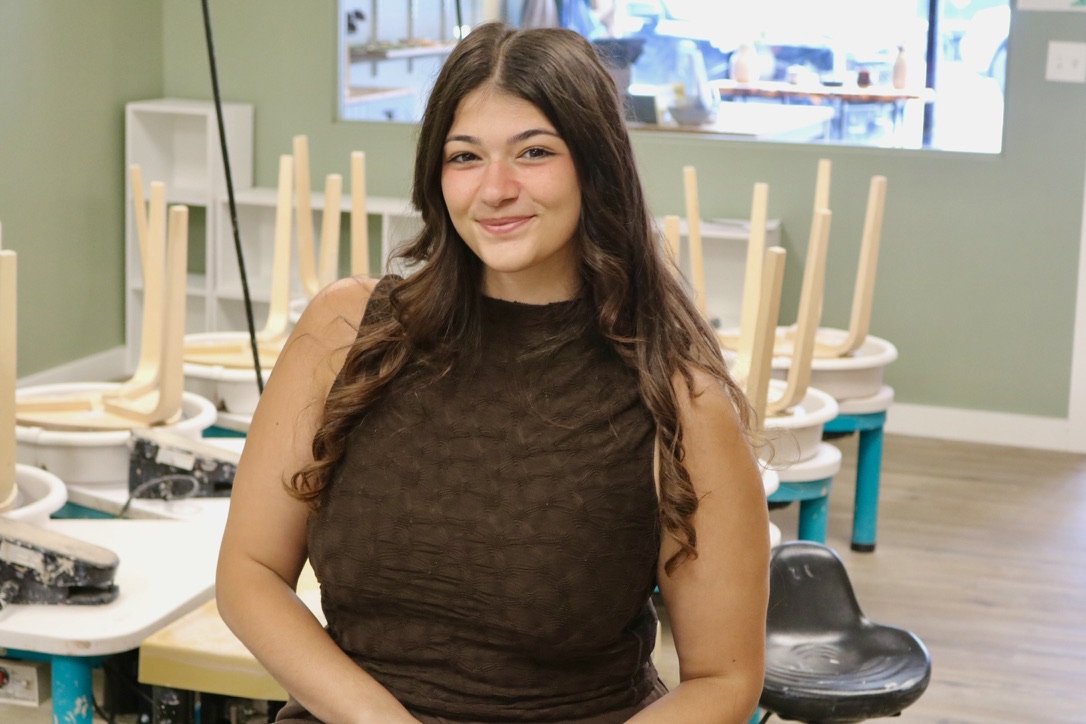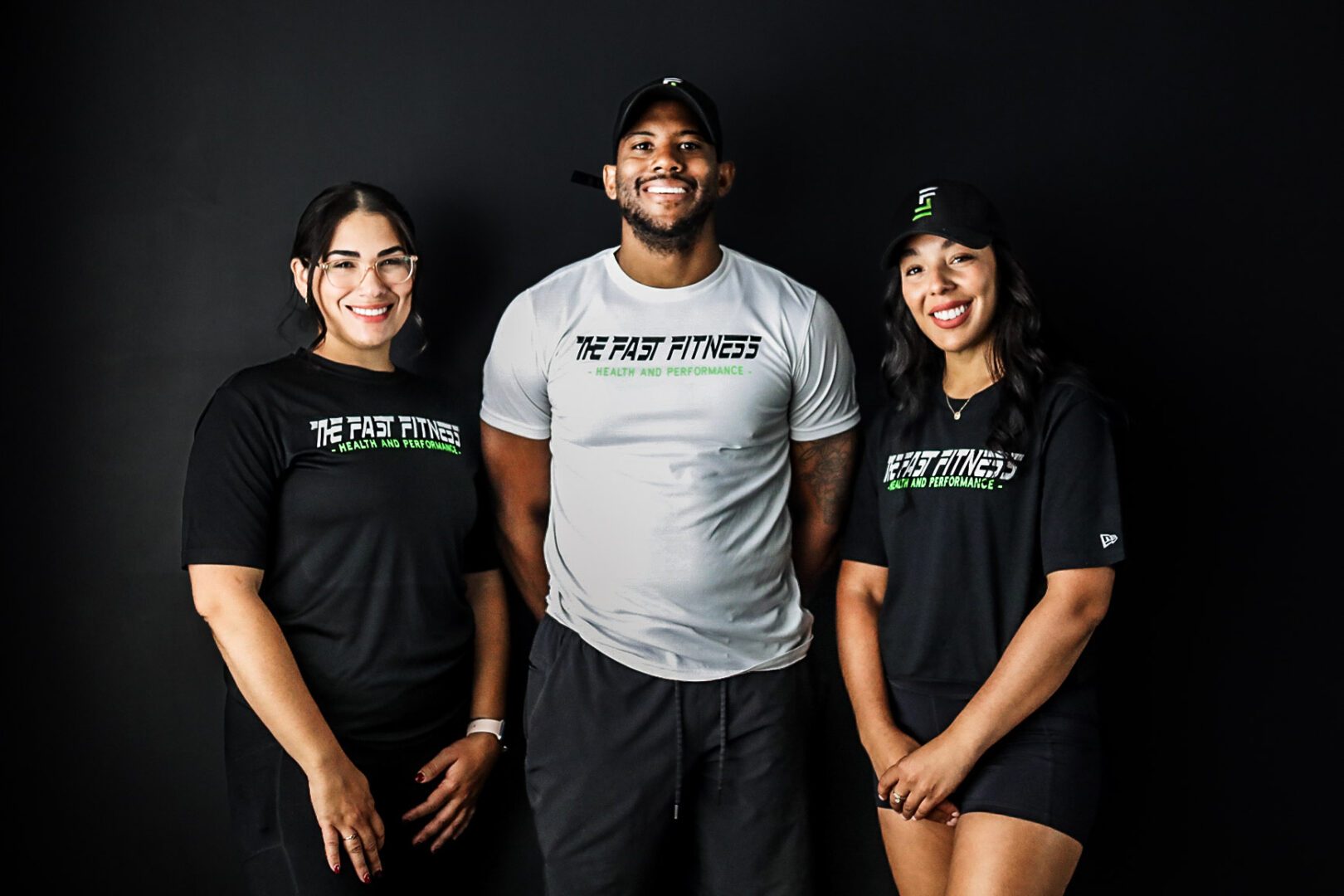We caught up with the brilliant and insightful Daryna Ishchuk a few weeks ago and have shared our conversation below.
Hi Daryna, so excited to have you with us today and we are really interested in hearing your thoughts about how folks can develop their empathy? In our experience, most folks want to be empathic towards others, but in a world where we are often only surrounded by people who are very similar to us, it can sometimes be a challenge to develop empathy for others who might not be as similar to us. Any thoughts or advice?
Reminiscing about my past, I think I have always been quite an empathetic person but have never been able to actually take it for what it is. I always confused it with being too emotional and getting into this war with myself, trying to be more strict and cold-hearted. That changed when the actual war started.
For every Ukrainian that morning of February 24, 2022, divided their lives into before and after. For me, it was also an acid test that showed me what empathy really is. I saw it in my people’s quiet courage and resilience, in strangers worldwide willing to help. I felt it even deeper when I saw complete strangers letting people into their homes, sharing food and clothes, and always smiling at you through tears, willing to help no matter what.
I’m also very grateful that I have a chance to experience the empathetic team culture within my team at Trust Relations. My mentors Lana Marshall and Veronica Yip showed me that my empathy is not my weakness but actually my superpower. They showed me by their own example how important it is to listen to your team (and actually hear it) and how much positive impact it will make on everyone.
I truly think that we need empathy now more than ever. It’s the only way we can truly connect with people and build strong relationships and collaborations. I read once that studies show we can’t be empathetic and overwhelmed/stressed at the same time. It’s rooted in the way our brains and hormones work: when we exercise empathy, our brain releases oxytocin, and when we’re overwhelmed or anxious, our bodies become filled with cortisol. That’s probably why we feel the lack of empathy in our everyday life ー we’re too busy trying to cope with the stress we face each day.
But this is precisely why we need empathy in the workplace and real life, now more than ever. The only way to actually build a deeper connection with your team is to remember that we don’t know the battles other people fight in and that teamwork isn’t about winners or losers; it’s about listening to each other and bringing out the best in one another. And you can’t truly do it without exercising empathy.

Great, so let’s take a few minutes and cover your story. What should folks know about you and what you do?
At Trust Relations, my main focus is the operations processes & procedures and ensuring they run smoothly. As one of my managers once said, “Operations is the blood of a company; it’s connected to everything and everyone, even if you don’t see it.” I work across various departments, including operations, recruiting, finance, marketing, and business development, and I often assist client account teams. I’m helping to ensure the teams are set for success on their accounts and departments by brainstorming new processes, troubleshooting issues, and supporting the team when needed. My main goal is to make sure the team feels supported at all times, starting from day one at Trust Relations.
The most exciting part of my work is to be able to make a difference. I have always loved puzzles and riddles, so one of the most exciting parts of what I do every day is being able to identify the issue, find the long-term solution, and see how it helps the team or the company on a day-to-day basis. Besides that, I’m so grateful I can be a part of the considerate culture we cultivate at Trust Relations and to be able to change the perception of what the workplace can look and feel like. I started my journey as a manager not long ago, and one of my most vivid and happy memories at work was when my team told me I made the workplace feel like a safe space. It meant a lot to me and drives my sense of purpose every day!

If you had to pick three qualities that are most important to develop, which three would you say matter most?
I firmly believe that everyone has their own talents and gifts that make them unique and make them the wonderful people they are. I was very lucky to find a team that supported and listened to me early in my career. They’ve become not only my managers but also my mentors and coaches, who helped me grow into my current role and feel confident in my abilities.
Two of the most useful and helpful skills to have in my role would definitely be problem-solving and critical and creative thinking. It’s important to understand that every issue and complication is unique, even if you think you’ve seen it before. You have to be able to see all and factor in all of the details and how they are interconnected with each other in order to be able to piece them together into a unique solution that will benefit everyone. For someone who wants to develop these skills, I would advise two things: observe and learn. It was crucial for me to be able to see first-hand how my manager, Lana Marshall, beautifully solves issues and what mental tactics she uses to do so. Besides that, if you do not have a person close to you who would be your “Lana,” you can always find great insights on those topics in leadership and biography books and podcasts, as well as train your critical thinking by plain brain games, solving riddles, and puzzles if that’s your thing.
Another very crucial skill for me is exercising a people-first approach and leading with empathy. As I previously mentioned, empathy is the key to building meaningful and long-lasting relationships. Maya Angelou once said, “People will forget what you said, people will forget what you did. But people will never forget how you made them feel,” and I stand by that. If you listen to your team, care about them, and make them feel seen, it will help increase their job satisfaction and minimize turnover. The leader’s role is not about being in charge; it’s about taking care of the people you are in charge of. It’s about seeing them for who they really are outside of your place of work. To develop these skills, I think I started by being honest with myself and accepting the fact that no one is perfect, but that’s actually the best part about being human. I think it’s worth trying to stop your judgment and ask, “How are you?” when someone on the team does something outside of their character and actually listens to the person. Something as simple as this could make a lot of difference. Also, I started asking for advice from my managers and mentors on how to approach a situation I’m in and learn from their experience, as well as consult with books, TED talks, and podcasts.

Thanks so much for sharing all these insights with us today. Before we go, is there a book that’s played in important role in your development?
The two books that have impacted me most and helped me become who I am professionally and personally are “The Courage to Be Disliked” by Fumitake Koga and Ichiro Kishimi and “Essentialism” by Greg McKeown. Being two very different books, for me, they merged into this beautiful symphony, shaped my key views and principles on life, and helped me see more clearly who I am. Some of the most impactful things and pieces of wisdom to me personally were a) you don’t need to be liked by everyone as it’s impossible to achieve and exhausting to even try; b) happiness comes from contribution, not comparison; c) the past doesn’t determine your future, you build yourself every day, and it’s important to be mindful about it; d) get rid of the non-essential things to create space for what truly matters to you.
Both books are very easy to read and understand, and I definitely recommend everyone to check them out!
Contact Info:
- Website: https://trustrelations.agency/
- Instagram: https://www.instagram.com/trustrelations/
- Linkedin: https://www.linkedin.com/company/trustrelations/

so if you or someone you know deserves recognition please let us know here.




